As the weather warms up and more people head outdoors to garden during the spring and summer months, there is a corresponding risk of contracting two soil-borne diseases – Legionnaire’s Disease and Tetanus. While both diseases are rare, they are very serious – but preventable with some gardening precautions.
Legionnaire’s Disease
Legionnaire’s Disease (also known as Legionellosis) is a serious and sometimes fatal lung infection often associated with gardening. The Legionella bacteria that cause it are present everywhere in our environment, especially in the soil and in water (rivers, lakes and reservoirs).
The main sources of infection are from inhaling dust from compost, potting mix or soil or from breathing in fine aerosol droplets of water containing the bacteria. Water from air-conditioning units, spa pools or piped hot water is often found to be a bacterial source. Legionnaire’s disease can be caught in places like offices, hotels or hospitals if bacteria has gotten into the water supply.
Legionnaire’s disease can’t be passed on person-to-person, and you cannot be infected by drinking contaminated water.
Symptoms, diagnosis and treatment
Symptoms usually appear 2 to 10 days after exposure to the bacteria. The symptoms are very similar to the flu – fever, muscle aches, headache, loss of appetite, chest pain, breathlessness, tiredness, dry cough, nausea, vomiting, diarrhoea, mental confusion and disorientation.
A doctor who suspects someone has Legionnaire’s may take a mucus (phlegm) sample, blood test or order an x-ray to check the lungs.
Treatment for the disease is a course of antibiotics and these are best given early to stop the disease increasing in severity.
Who is more at risk of contracting Legionnaire’s?
Fortunately, most people have a natural immunity against the bacteria. However, people aged over 50, those who currently smoke or are ex-smokers, suffer from a chronic illness (especially lung disease) or have a weak immune system are more likely to contract Legionnaire’s.
There is no vaccination available to prevent Legionnaire’s but you can lower your risk of contracting it by:
- stopping smoking (you are five times more likely to get it if you smoke)
- wearing an N95 mask when working with potting mix, compost etc to give the best protection against dust
- using a low-pressure hose when watering the garden or compost
- monitoring spa pools – water testing and purification is necessary
- maintaining a hot water temperature over 60 degrees to kill the bacteria (have a mixing valve on taps to avoid hot water burns)
- maintaining and treating roof-collected tank water.






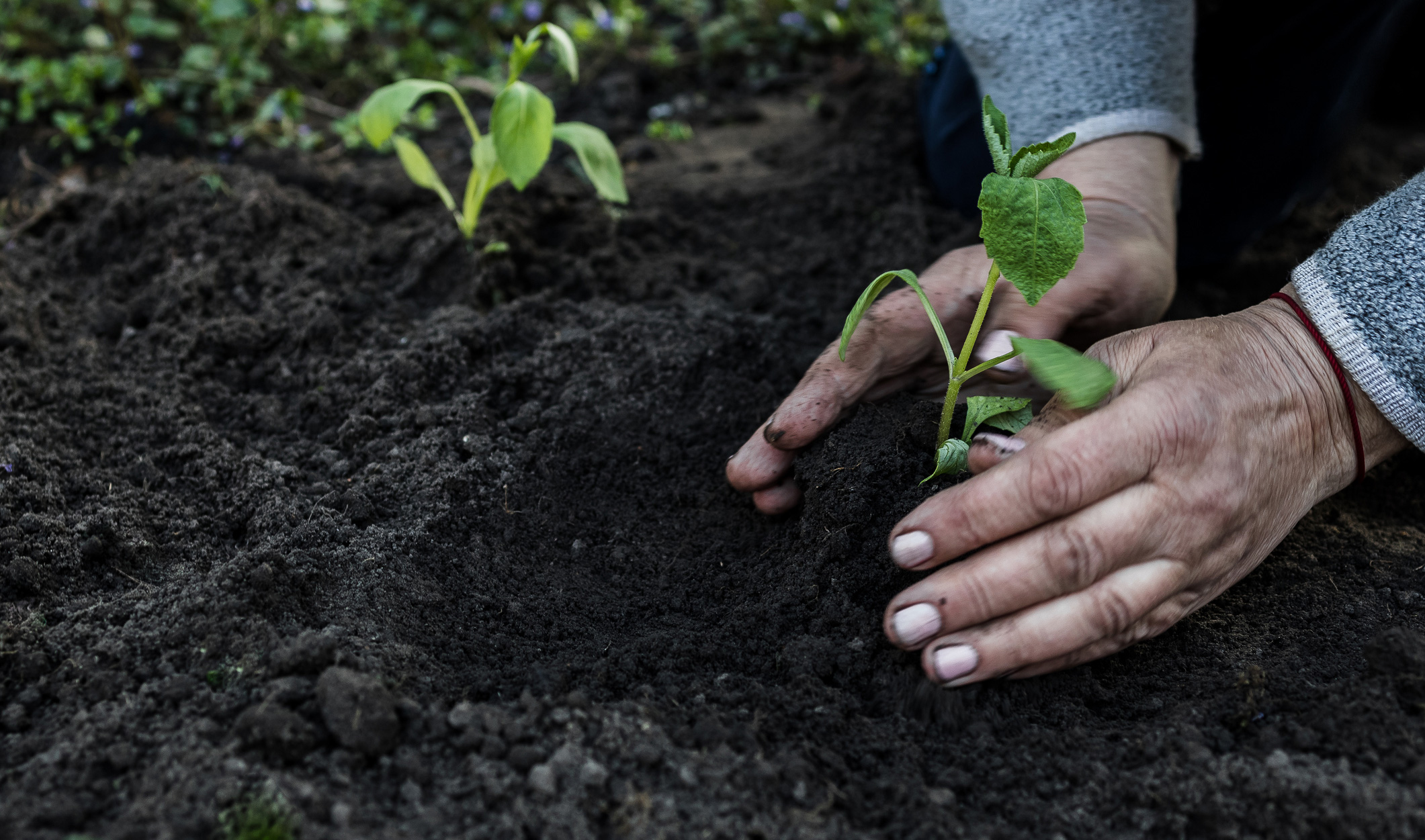

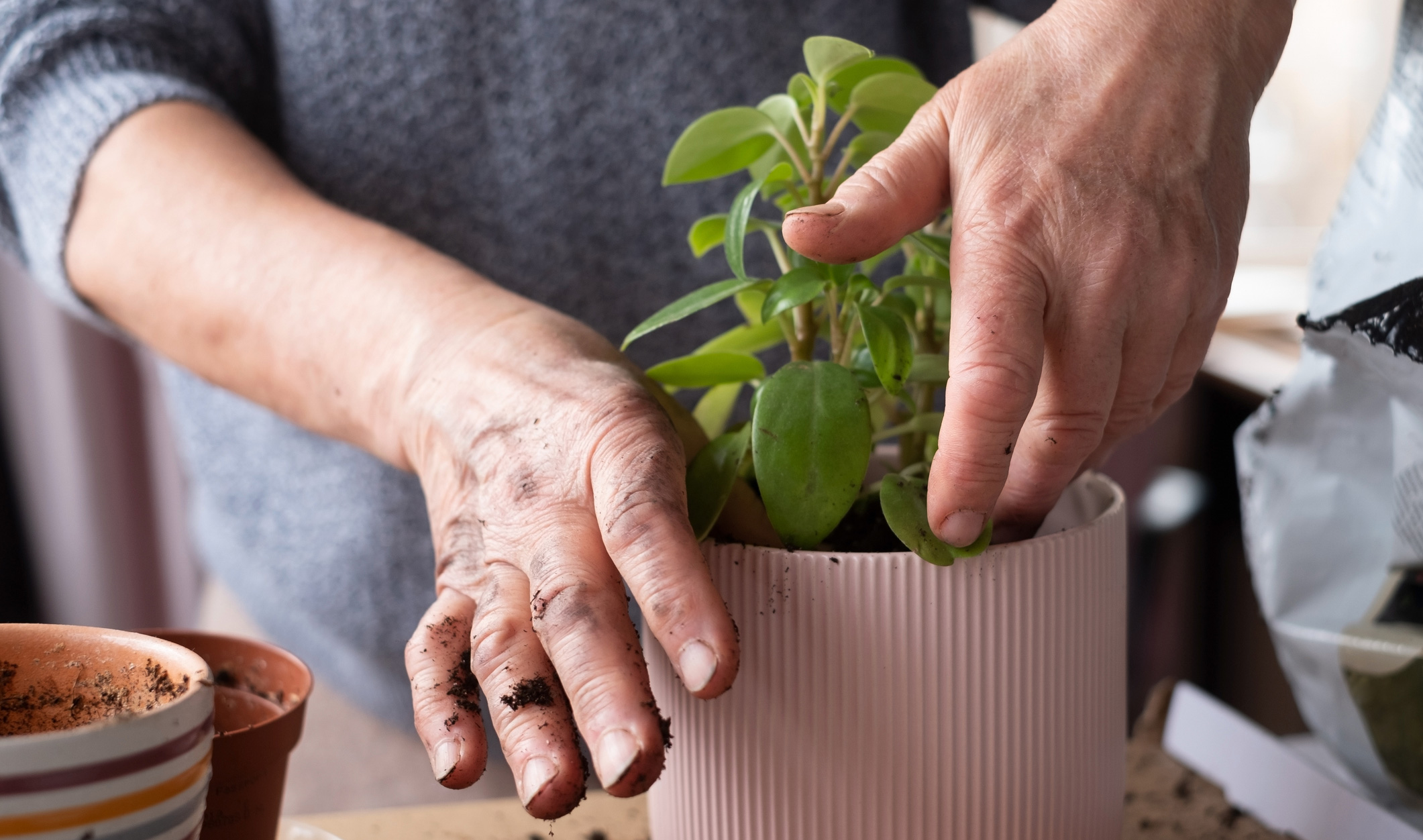
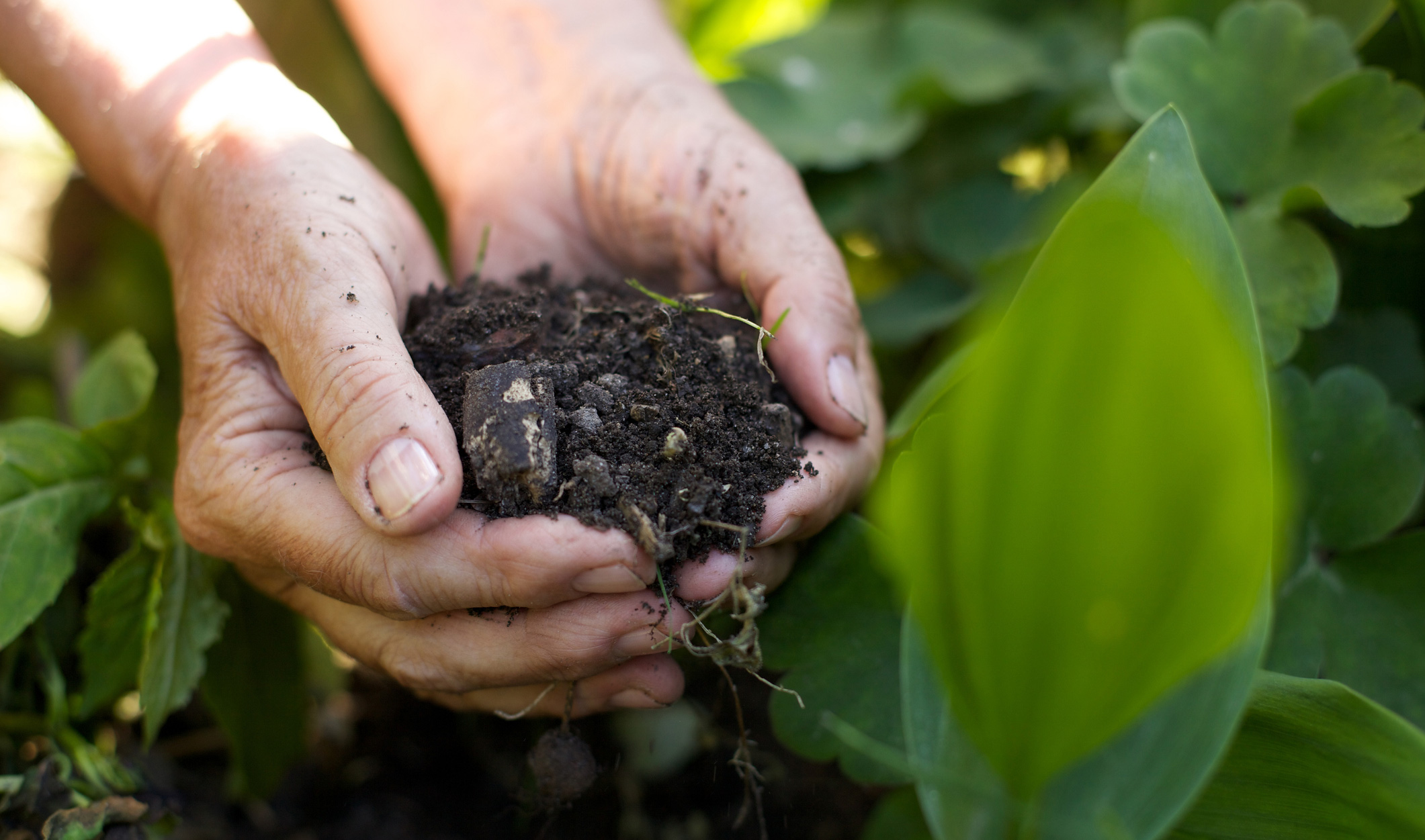

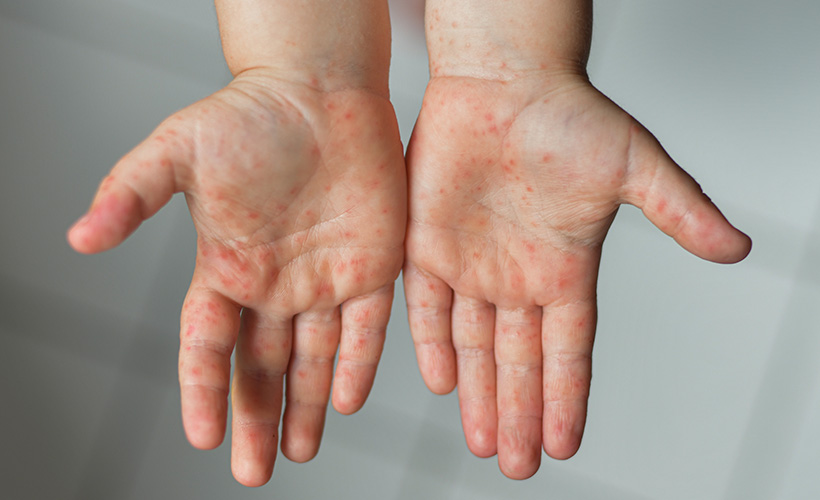
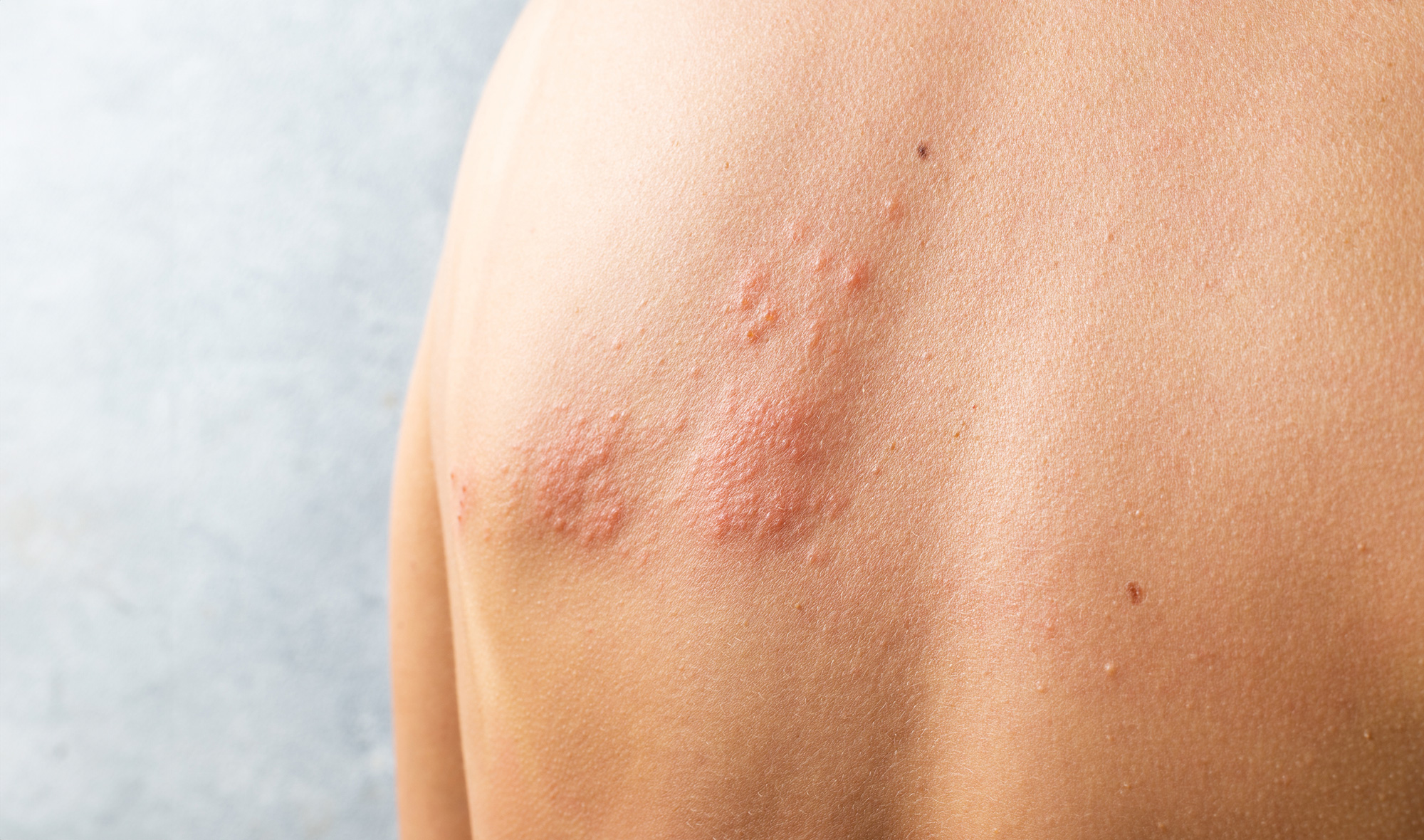
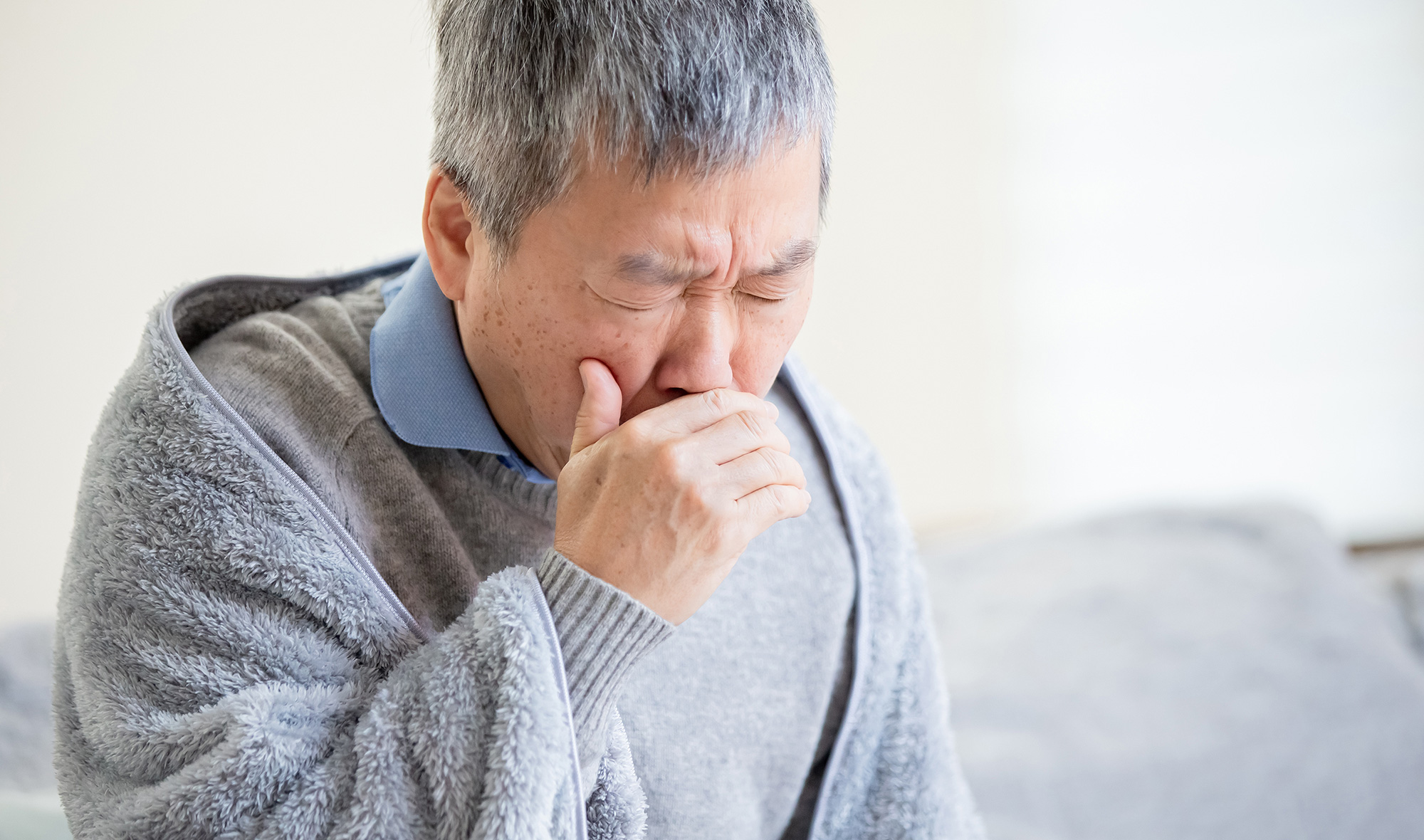





Community